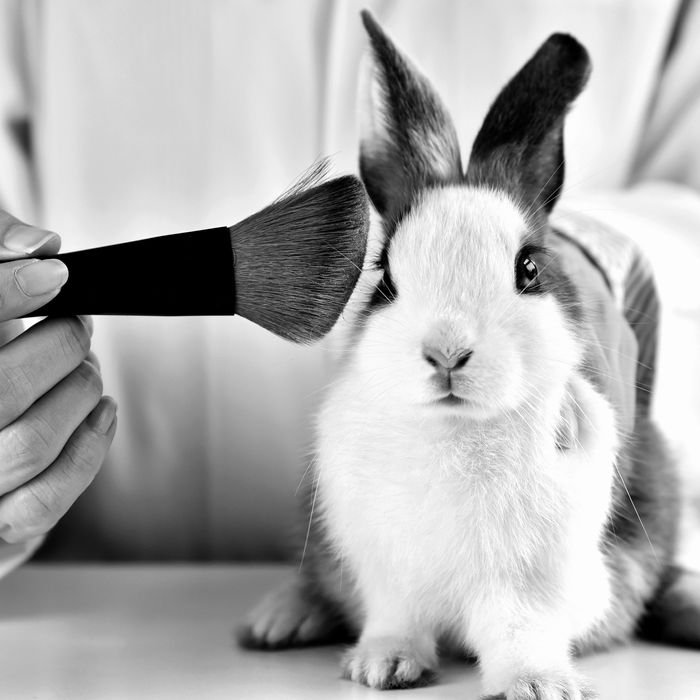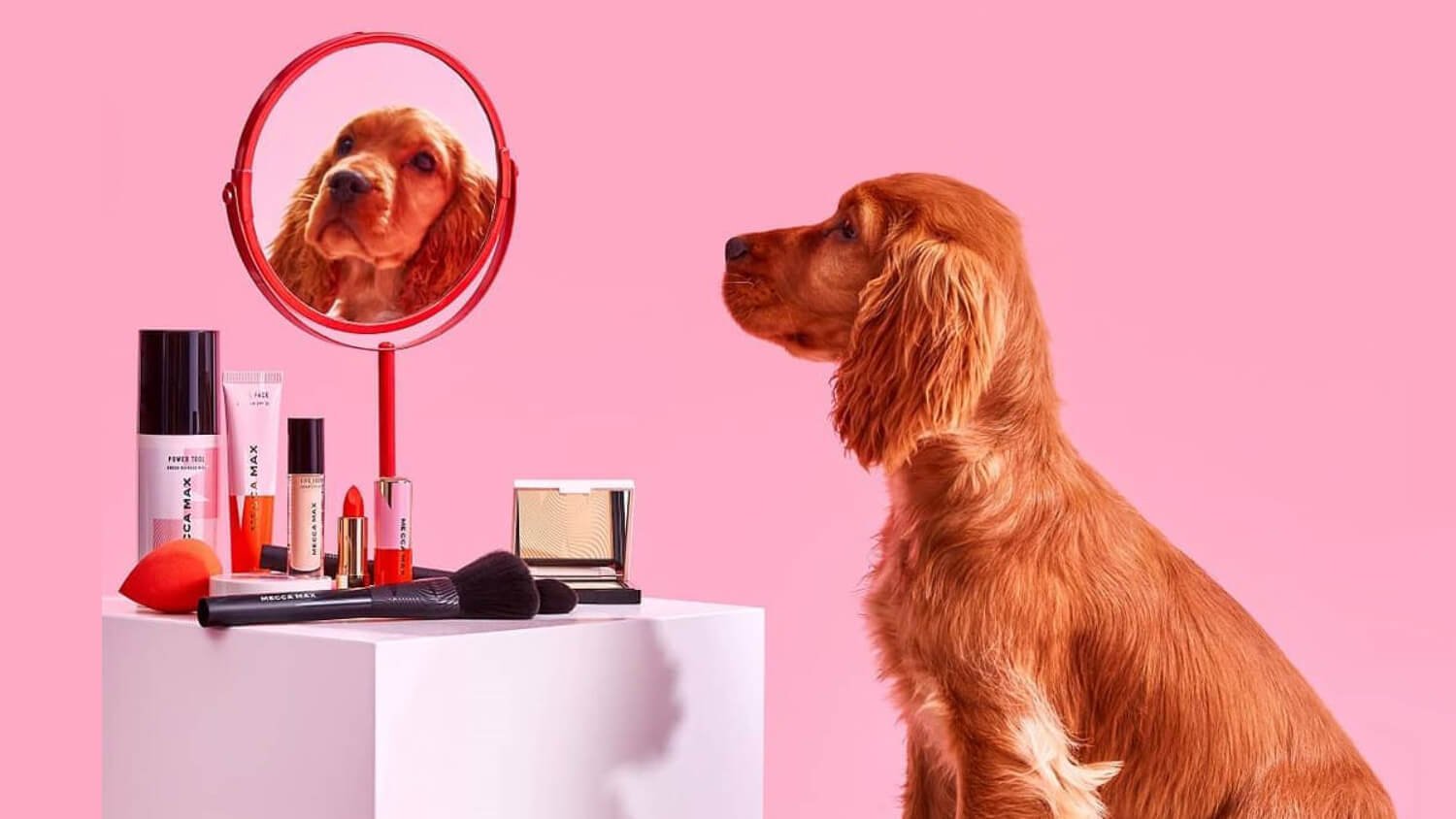Morality and Makeup
Image Courtesy: Strike Magazine Tallahassee
Navigating a world of cosmetic labels pertaining to animal rights. Let’s talk about it.
Over the past fifteen years, there has been a spike in animal rights awareness, specifically when animal rights and beauty products intersect. Navigating a world of “vegan” and “cruelty free” labels can be challenging and confusing when you are simply trying to pick out a moisturizer. Doing so is especially difficult if you don’t know where your personal ideals align with this issue. In the past, many celebrities have spoken out against animal abuse, causing a focus on this topic in the media. As well as viral TikTok’s speaking to what people might have assumed these labels mean, further adding to the confusion. We are here to help sort out the nonsense and give you a better sense of what these labels mean.
Image Courtesy: New York Magazine
Vegan products are any product made without any materials derived from animals. A handful of common animal products found in cosmetics include beeswax, collagen and elastin. However, just because a product is vegan does not mean that it is “cruelty free.” Cruelty free cosmetics refer to any product that has not been tested on animals at any stage in its creation. Some companies that refrain from animal testing are Tarte, It Cosmetics, Kat Von D, Elf, Urban Decay, Charlotte Tilbury and Kylie Cosmetics. Animal testing is an abusive and grotesque practice in which animals are subjected to experimentation of all kinds. Often, animals are bred specifically for this practice, meaning these bunnies, puppies, and mice have lived their entire lives in a cage oftentimes having chemicals tested on their shaved skin.
Image Courtesy: Live Kindly
A complex issue within this realm is the makeup industries heavy connection with manufacturing in China. China belongs to a small list of countries that require products to be tested on animals before they are sold in the market. This is a conflicting view from the United States, which is currently pushing for a ban on animal testing as a whole. However, the large amount of cosmetic businesses manufacturing in China, such as Mary Kay and L’Oreal, complicates this fight for animal rights.
So why does any of this matter? Although there may not be a massive difference in the actual cosmetics, it is important to be knowledgeable about the products you are putting on your body. A benefit of purchasing cruelty free products is the peace of mind you can receive from purchasing a safely made product. Similarly, people who practice vegan eating habits might find it important to shop vegan as well.
Image Courtesy: Elle
Wherever your moral standings fall, it is important to educate yourself on these practices and become aware of what you are putting on your body, and the way in which your product was made. If animal rights is something you would like to further educate yourself about, I urge you to start by buying products that are “cruelty free.” One reliable resource is Peta, an organization devoted to stopping animal cruelty. On Peta’s website, there is a long list of companies that refrain from these practices. Peta it is a great resource for further education on animal rights and a great way to get involved and stay connected with the movement.
Strike Out,
Writer: Caroline Giddens
Editor: Racquel Gluckstern
Graphic Designer: Margaux Campion
Tallahassee




